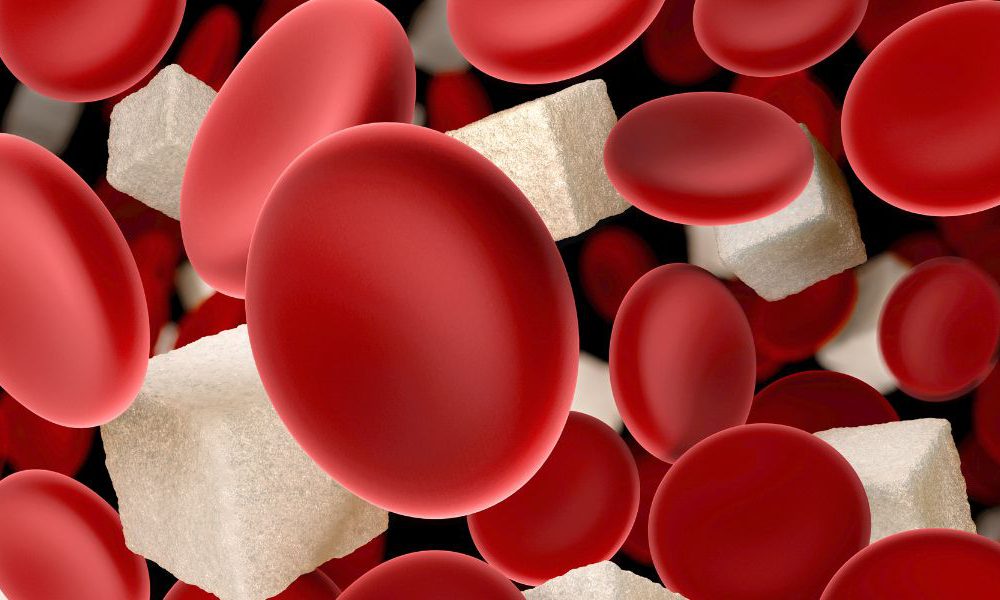WHAT IS CHROMIUM?
Chromium is a trace mineral that comes in two forms: trivalent (chromium 3+) and hexavalent (chromium 6+). While the hexavalent form is linked to industrial pollution and regarded as harmful, the trivalent form is naturally present in several foods and supplements. Chromium is a necessary mineral because of its critical involvement in insulin function. To treat illnesses like diabetes, weight loss, metabolic syndrome, polycystic ovarian syndrome (PCOS), and cholesterol levels, some people take chromium supplements. While there is some evidence to back up these claims, more investigation is required to pinpoint the precise health advantages of chromium supplementation. This blog discusses the usage of chromium, as well as its potential benefits, side effects, suggested dosages, and dietary sources.
:max_bytes(150000):strip_icc()/SES-broccoli-storage-and-selection-1807744-bf2d2de7326b40a9b00a165877ec314c.jpg)
WHAT ARE THE HEALTH BENEFITS OF CHROMIUM?
The trace mineral chromium, which is included in many foods and dietary supplements, has been linked to several possible health advantages, including its function in controlling weight. The following are three advantages of chromium, including how it affects weight:
- Weight Management: Chromium has attracted interest from people trying to manage their weight because of its potential to do so. While chromium is not a magic bullet for weight loss, several studies have indicated that it may aid in weight management by lowering food cravings and enhancing dietary choices in general. Chromium may help people have better blood sugar management by perhaps increasing insulin activity. This may therefore help people regulate their hunger and choose healthier foods. Chromium has only mild impacts on weight control, thus it shouldn’t be used as a stand-alone weight loss strategy. A healthy diet and regular exercise are still essential parts of any effective weight-loss plan.

- Blood Sugar Regulation: The ability of chromium to improve blood sugar control is dependent on how it affects the hormone insulin, which is essential for controlling blood glucose levels. According to research, chromium may improve insulin sensitivity, enabling cells to absorb blood glucose more efficiently. Particularly in people with type 2 diabetes or insulin resistance, this increased sensitivity may result in better control of blood sugar levels. According to some research, adding chromium to one’s diet can help diabetics with their fasting blood sugar levels and insulin levels. But it’s important to know that everyone responds to chromium differently in terms of how it affects blood sugar. While it might be advantageous to certain people, it might not have the same effect on other others.
- Enhanced Insulin sensitivity: The potential of chromium to alter the body’s response to insulin is directly related to its involvement in increasing insulin sensitivity. It is simpler for glucose to enter cells and be used for energy as a result of this increased sensitivity, which makes cells more susceptible to insulin’s effects. Despite the lack of conclusive data, some studies have found that chromium supplementation improves insulin sensitivity, particularly in people with metabolic syndrome or insulin resistance. However, more investigation is required to make a firm connection and comprehend the underlying mechanisms.
However, it’s vital to approach chromium supplementation with caution and check with a healthcare practitioner before using it for any specific health concerns, including weight control. Supplemental chromium should be utilised as part of a thorough and tailored strategy to enhance general health.
HOW MUCH CHROMIUM SHOULD YOU TAKE A DAY?
To determine the appropriate chromium dosage for an individual’s needs, various criteria must be considered, including age, gender, overall health, and specific health goals. The Food and Nutrition Board determines the adequate intake (AI), which varies depending on age and sex, of chromium per day. The suggested daily AI for men is 35 micrograms (mcg), while women in the same age range should aim for 25 mcg per day. Men over the age of 51 should aim for a daily intake of 30 mcg of AI, while women in this age group should aim for 20 mcg.
Although chromium levels in multivitamin supplements normally range from 35 to 120 mcg, these ranges are often chosen to assist people in meeting their daily AI requirements. Higher chromium doses, sometimes known as pharmacologic doses, are used, ranging from 200 to 500 mcg, for certain health issues or when used in clinical research. These higher doses are used by researchers to examine safety profiles and potential therapeutic effects.
It’s important to stress that using higher-dose chromium supplements should be done under the supervision of a healthcare professional, taking into consideration specific health needs and objectives. This is because an excessive amount of chromium may have negative effects. As a result, while chromium supplementation may provide potential health advantages, establishing the appropriate amount should require a careful assessment of one’s specific needs and contact with a healthcare practitioner.
WHAT CHROMIUM DOES FOR THE BODY?
When consumed, chromium works primarily by facilitating the actions of insulin, a crucial hormone in charge of controlling blood sugar levels. Chromium is more commonly found in its trivalent state (chromium 3+), which is crucial for enhancing insulin sensitivity. This is accomplished by helping insulin attach to cell receptors more effectively, which makes it easier for cells to absorb glucose from the bloodstream. For people with diabetes or those who are at risk of developing insulin resistance, this procedure improves the body’s capacity to regulate blood sugar levels, reducing spikes and crashes. Chromium also has a role in the metabolism of proteins, lipids, and carbs, which further supports metabolic efficiency and total energy balance.

Additionally, chromium may influence body weight and composition in addition to improving insulin action. Chromium may improve attempts to control body weight and reduce body fat by assisting insulin in the uptake and utilisation of glucose. Even though chromium supplementation has showed promise in some studies, further study is still needed to determine its exact processes and long-term effects on the human body. As a result, when consumed, chromium has a major impact on how well insulin works, keeps blood sugar levels stable, and may even influence certain elements of metabolic health.
WHAT ARE THE VARIATIONS OF CHROMIUM SUPPLEMENTS?
Note that CHROMIUM is also available as:
- Chromium 1% Food State On Buckwheat (~1% Cr)
- Chromium Chloride 1% on Dicalcium Phosphate (~1% Cr)
- Chromium Chloride 5% on Maltodextrin (~1% Cr)
- Chromium Chloride Hexahydrate Nutrition Grade (~19% Cr)
- Chromium GTF Food State On Yeast (~0.2% Cr)
- Chromium Nicotinate 2% GTF (Glucose Tolerance Factor) Nutrition Grade (~2% Cr)
- Chromium Picolinate Nutrition Grade (~12% Cr)
- Chromium Polynicotinate Nutrition Grade (~12% Cr)
CHROMIUM is commonly available in:
- Chromium tablets
- Chromium capsules
- Chromium powders
Glentworth Formulations is here to suit your every need. Everything from Tablets, Capsules and Powder blends.
If you are wanting to know more information, please get in contact with us. Either using the contact form or contacting us directly on: [email protected].


